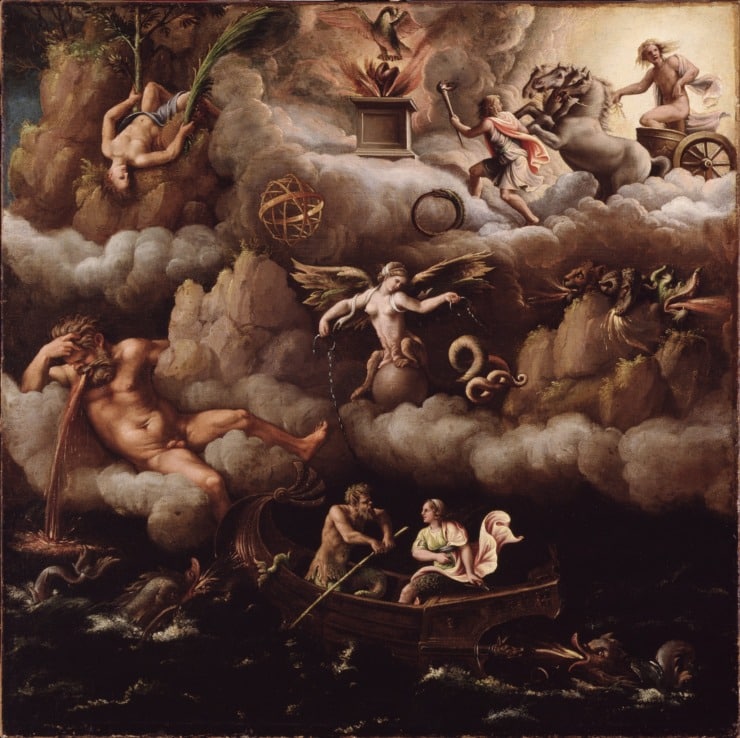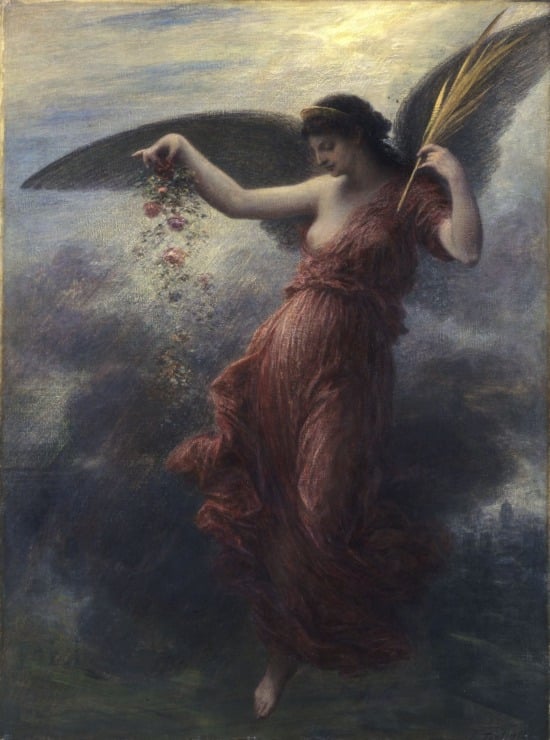Intimations of Immortality
Enjoy Artistic Representations of “Intimations of Immortality” by William Wordsworth

The Allegory of Immortality by Giulio Romano, c. 1540

Immortality by Henri Fantin-Latour, 1889.
Listen to these Readings of “Intimations of Immortality”
Listen to this Musical Interpretation of “Intimations of Immortality” by William Wordsworth
About William Wordsworth
William Wordsworth, an English poet born in 1770, is credited with having a strong impact on the poetry of his time. He worked with Samuel Taylor Coleridge to publish a collection, Lyrical Ballads, which includes poems believed to be among the most influential in Western literature. With this publication, the two helped initiate English literature’s Romantic Age.

Jerwood Centre at the Wordsworth Trust in Grasmere
Wordsworth also worked to increase the accessibility of poetry, encouraging the use of more common language, and promoting the virtues of lyric poetry.
While in college, Wordsworth went on a walking tour of England and lived for a time in France, where he was greatly impacted by the French Revolution. His earliest work was published in 1793.
His most famous work, The Prelude, was published by his widow in 1850. He worked on the semi-autobiographical poem throughout much of his life, never quite satisfied to publish it.
Wordsworth served as England’s Poet Laureate from 1843 until he died in 1850.
That’s it for Intimations of Immortality by William Wordsworth!